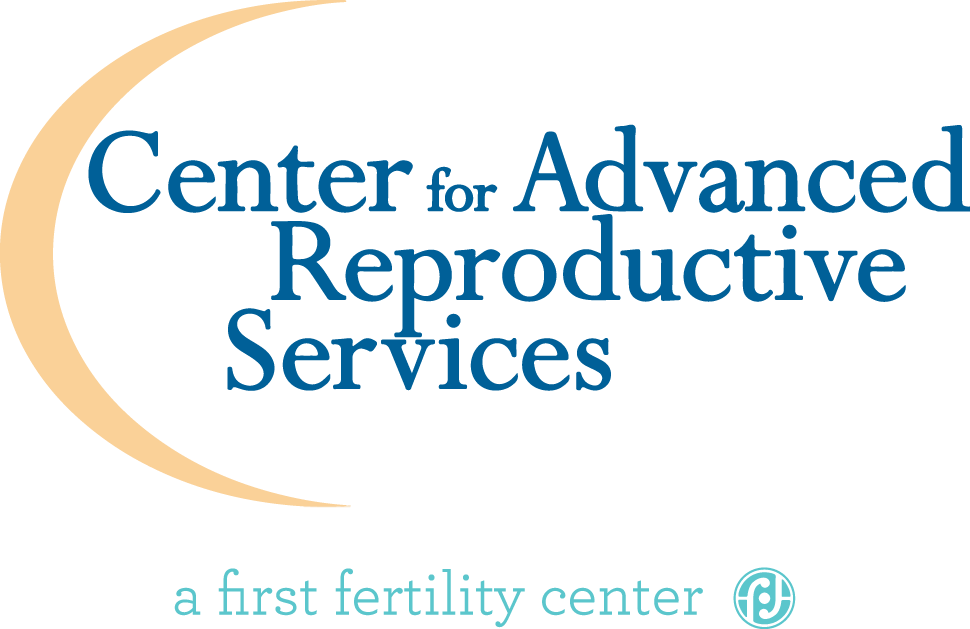It’s a biological reality: Women are born with as many eggs as they will ever have in their lifetime, typically around 2 million. As you age, however, your egg supply naturally begins to decline. In fact, by the time a woman reaches 35 years of age, approximately 90% of her eggs will be gone. Today’s advanced reproductive medicine can work wonders, but there’s one thing it can’t do: Create more eggs.
So, what are the options?
Saving for the Future
Harvesting and freezing eggs for future use can be a good choice for many women. The ideal age range for the procedure is between 27 and 38 years.
As noted above, the number of eggs a woman has available declines considerably as she reaches her late 30s. The quality of eggs declines with aging, as well.
So, what can you expect? The procedure is similar to what you might experience in the initial part of in vitro fertilization (IVF) treatment. You’ll have 10 to 12 days of daily injections that will cause your eggs to mature and develop.
You’ll be monitored to track your response to the medication. Then, during a brief outpatient procedure requiring only light anesthesia, your doctor will harvest the eggs. An embryologist will inspect them, and all usable eggs will be frozen for your future use. It should be noted that the eggs are frozen in an unfertilized state.
Is “Freezing” Right for You?
Women choose to freeze their eggs for a number of reasons. Some are medical. But there are several other reasons to choose this option. You may not feel that you’re in the right relationship. You may have career opportunities you wish to pursue. Perhaps it’s a financial consideration. Or perhaps you’re just “not ready” to be a parent.
Whatever your reason for wanting to delay, egg freezing offers you options. While it’s not a guarantee that you will get pregnant, egg freezing does offer many women the ability to get time “back on their side.”
If you feel that it might be a good option for you, talk with your physician. Our goal is to help you make informed decisions and provide you with the greatest chance to have a successful, healthy live birth when you’re ready.
